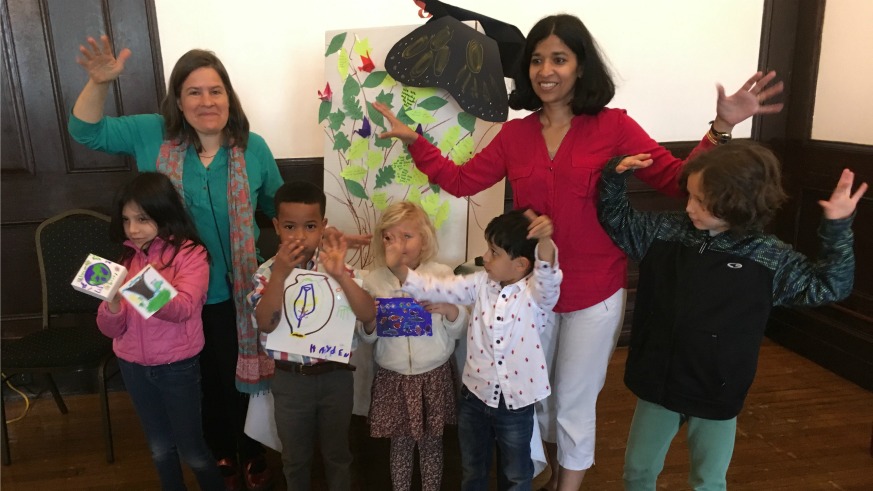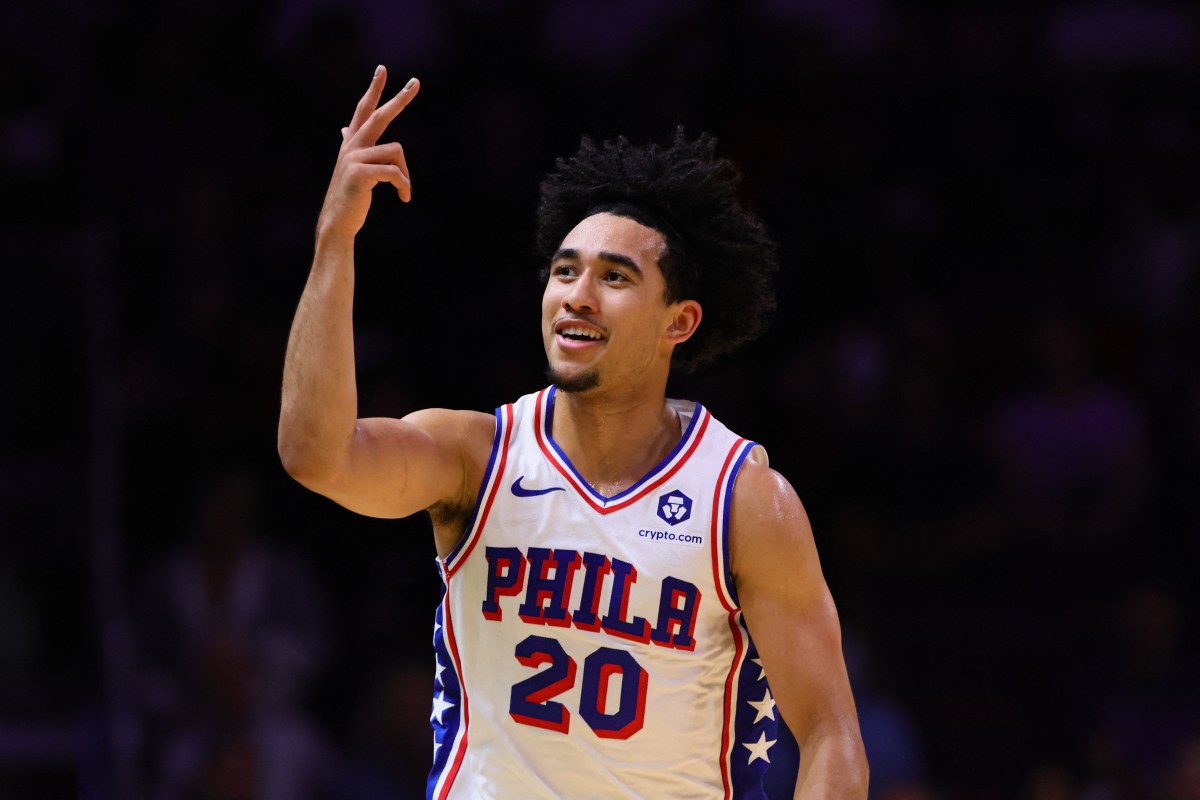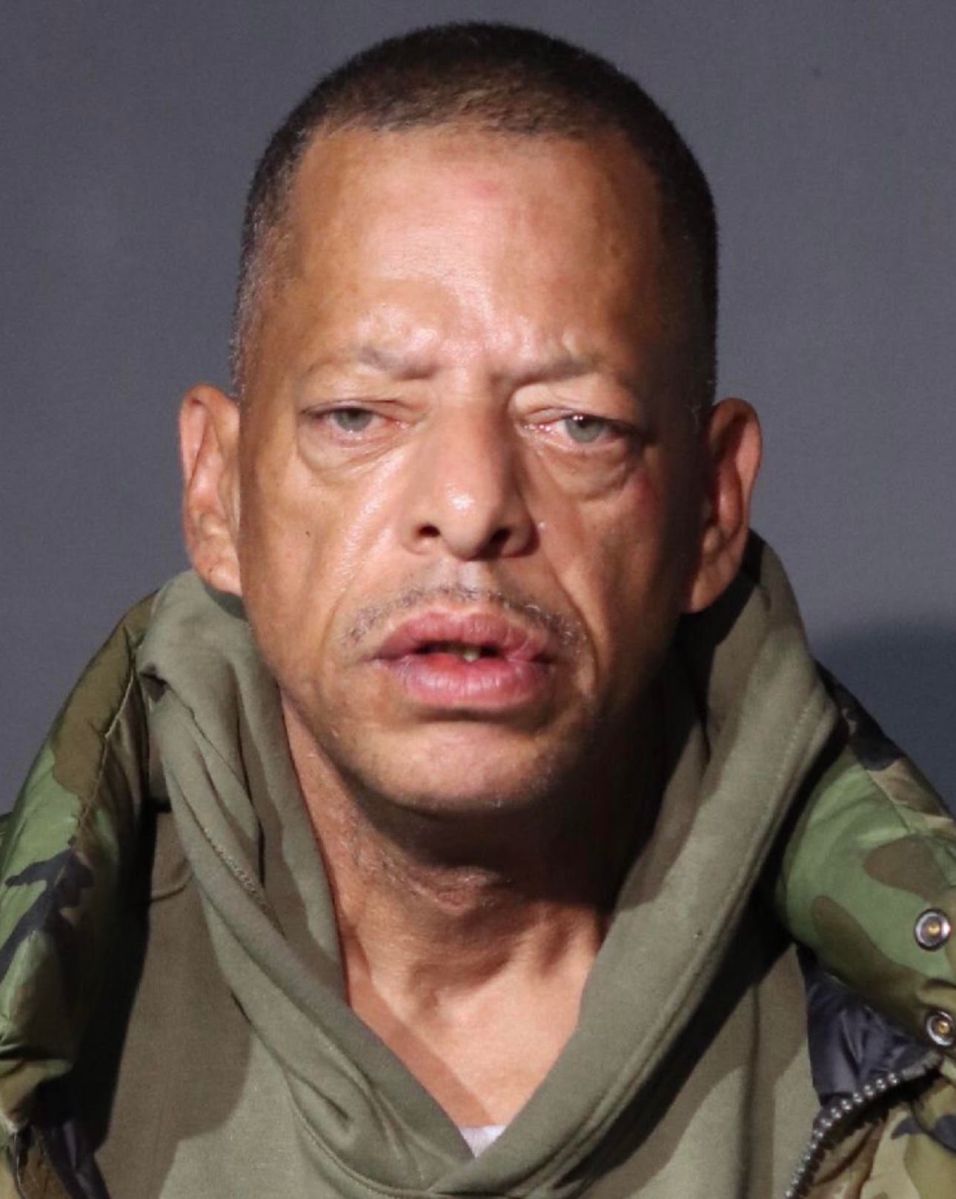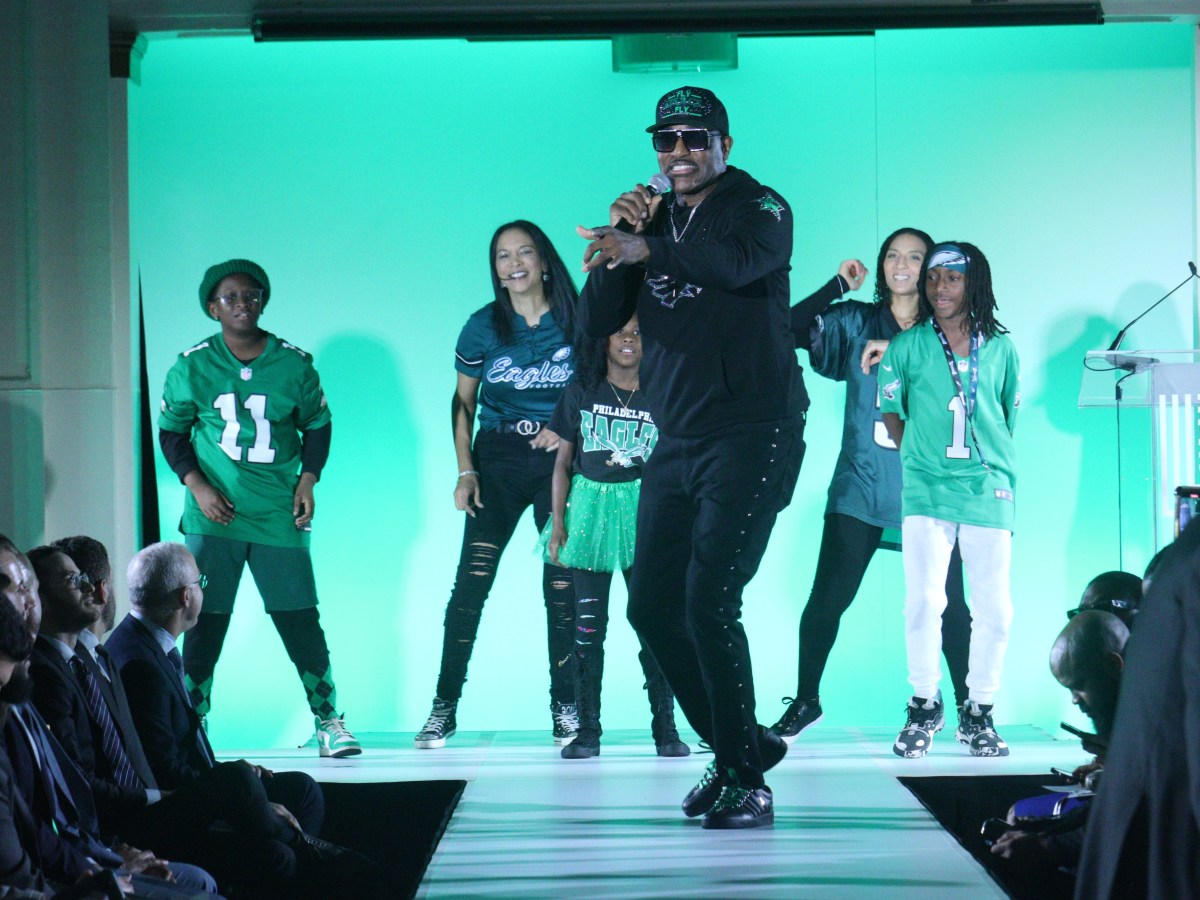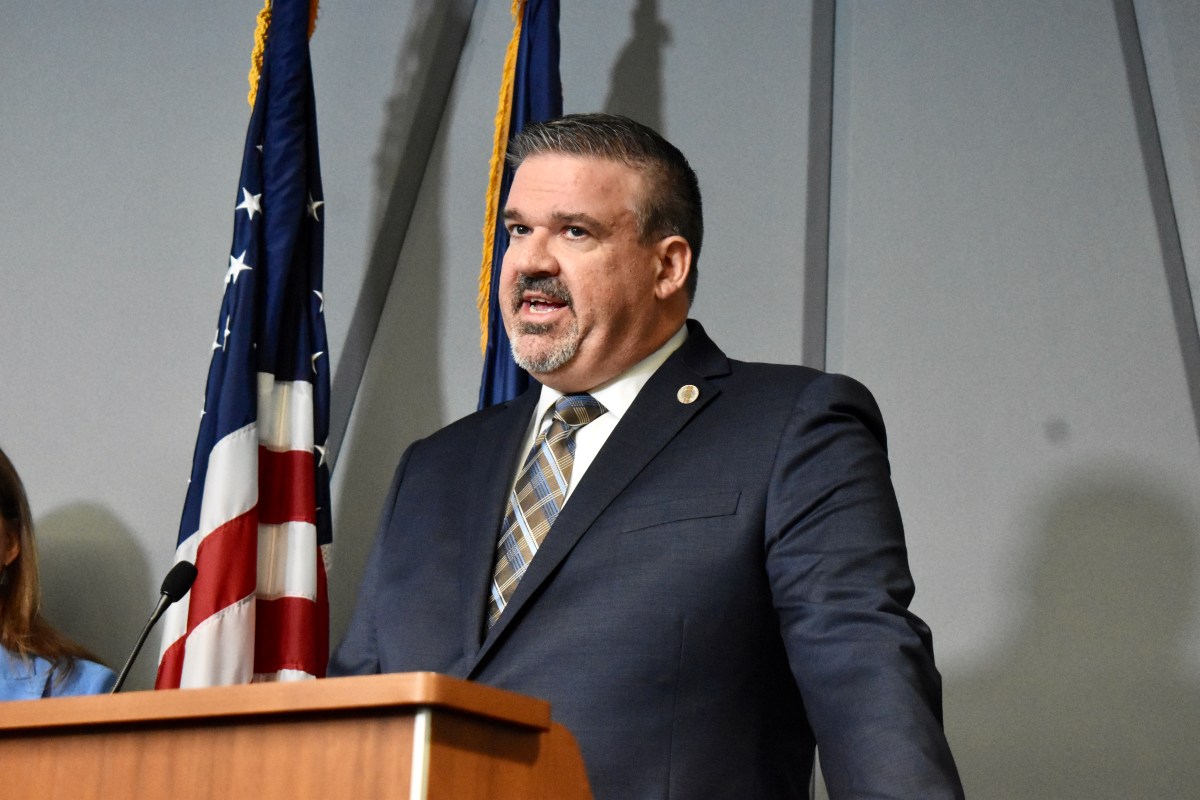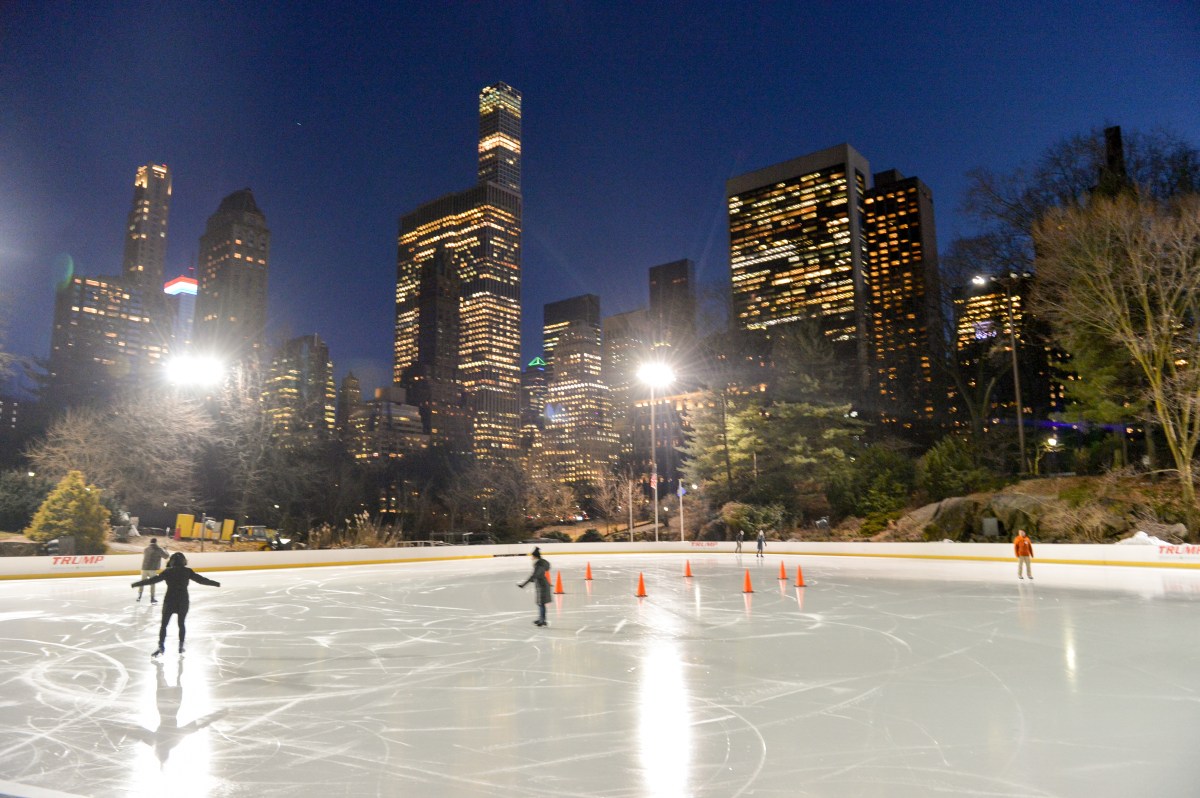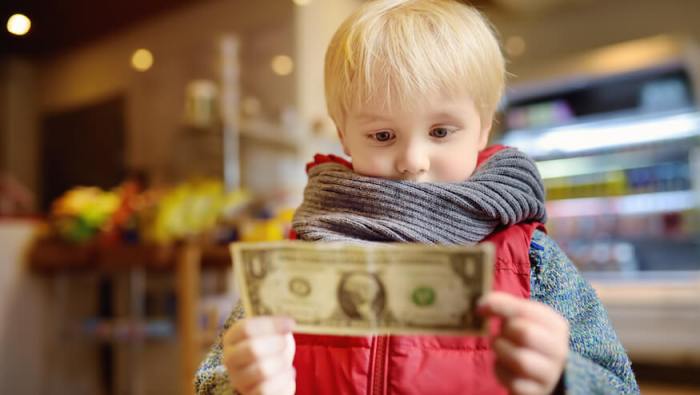When Dr. Felix Adler founded the New York Society for Ethical Culture in 1876, one of his cornerstones was to provide a moral education for children.
He likely had no idea how important such lessons would be 140 years into the future as Ethical NYC, as the society is also known, embarks on a new year of its longstanding Ethics for Children program now that Donald Trump is in the White House.
“It has played a big role,” Dr. Anne Klaeysen, a leader at Ethical NYC, said. “It’s difficult because we don’t want to repeat all the negativity, and we certainly don’t want to repeat the words he uses, but we really emphasize how one should be behaving. It’s very important to always, always take the high road.”
As part of adapting to Trump, Ethics for Children participants attended marches, such as the Next Generation Now Children’s March in May. “We animated a peace march of dolls and stuffed animals to dig up and articulate the hopes beyond protest,” program organizer Audrey Kindred said.
“In this time of political turbulence and ethical crisis, we ground children, offering the reliable bedrock of life-affirming, earth-loving values – offering fortitude, skills, pep and community for the constant and necessary deep work of peace-making,” she added.
The fall semester of Ethics for Children starts Sept. 10 and takes place Sundays at Ethical NYC on the Upper West Side. Throughout the course, participants ages 3 to 12 tell stories, go on field trips, do art projects and more while learning to develop ethical reasoning.
“The skill development and intentionality of peace processes begin in the play processes of childhood,” Kindred said. “Our programs cultivate ethical leadership through diligent and supported practice.”
Despite competition like sports, social engagements and everyday life, Ethics for Children sees many repeat attendees along with new faces each semester.
“Parents are looking for something for their children that’s not all of that, that really puts the emphasis on ethics,” said Klaeysen, whose grown children attended the program.
“They always appreciated the way adults listened to them as children,” she said. “Our curriculum is always based on the student – it’s not filling them with dogma and credos. It’s understanding that from the youngest age, we have social engagement with our parents, siblings, family and community.”
For more info on Ethics for Children, visit nysec.org/youth.

